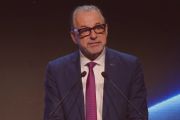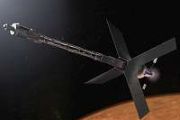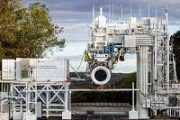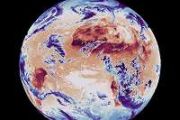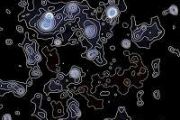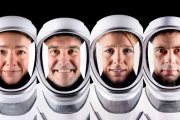
Copernical Team
NASA Awards SpaceX Second Contract Option for Artemis Moon Landing
 NASA has awarded a contract modification to SpaceX to further develop its Starship human landing system to meet agency requirements for long-term human exploration of the Moon under Artemis.
With this addition, SpaceX will provide a second crewed landing demonstration mission in 2027 as part of NASA's Artemis IV mission.
"Returning astronauts to the Moon to learn, live, and work is a
NASA has awarded a contract modification to SpaceX to further develop its Starship human landing system to meet agency requirements for long-term human exploration of the Moon under Artemis.
With this addition, SpaceX will provide a second crewed landing demonstration mission in 2027 as part of NASA's Artemis IV mission.
"Returning astronauts to the Moon to learn, live, and work is a Tomorrow's technology at ESA

The ESA Council at Ministerial level, CM22, is a time for critical decisions. In November 2022, ESA’s Member States, Associate States and Cooperating States will come together to strengthen Europe’s space sector and ensure it continues to serve European citizens.
Humans are going back to the moon, and beyond—but how will we feed them?

NASA's Artemis I launch is a major step forward in humans going deeper and spending longer in space than ever before.
Future Artemis missions plan to take crew to the moon and eventually Mars, which is likely to be a three-year round-trip.
But what will the astronauts eat? There are only so many protein bars and vitamins one can tolerate and survive on for years on end.
Plants are the basis of life on Earth with their amazing ability to convert light, water and carbon dioxide (CO₂) into food, and are the logical solution to support humans in space.
The challenges of a space garden
Astronauts have already eaten space radish, chili peppers and lettuce grown on the International Space Station, and having freshly grown veggies in microgravity can support health and well-being. But there are a number of challenges in growing a flourishing space garden.
Space environments are CO₂-rich, lack soil microbes, have altered gravity, are exposed to potentially harmful solar radiation, and need to use recycled, high-salt water.
NASA capsule on way to moon after launch by giant new rocket
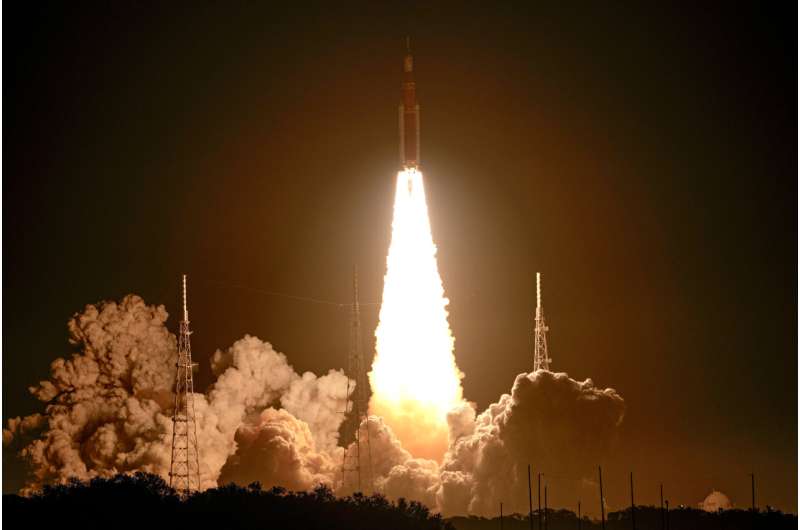
A space capsule hurtled toward the moon Wednesday for the first time in 50 years, following a thunderous launch of NASA's mightiest rocket in a dress rehearsal for astronaut flights.
No one was on board this debut flight, just three test dummies. The capsule is headed for a wide orbit around the moon and then a return to Earth with a Pacific splashdown in about three weeks.
After years of delays and billions in cost overruns, the Space Launch System rocket roared skyward, rising from Kennedy Space Center on 8.8 million pounds (4 million kilograms) of thrust and hitting 100 mph (160 kph) within seconds.
Webb catches fiery hourglass as new star forms

The NASA/ESA/CSA James Webb Space Telescope has revealed the once-hidden features of the protostar within the dark cloud L1527 with its Near Infrared Camera (NIRCam), providing insight into the formation of a new star. These blazing clouds within the Taurus star-forming region are only visible in infrared light, making it an ideal target for Webb.
ESA sets sights on space transportation ecosystem

Economic activity on Earth relies on a large logistics infrastructure – everything we buy and consume, and every trip we make, depends on a global transportation network connecting trucks, ships, aircraft, warehouses supported by fuel systems, maintenance services and communications. The same will be soon true in space – so ESA intends to connect Earth orbit and even the Moon and Mars with in-space transportation.
To set in motion the development of a comprehensive space logistics capability, ESA has asked European industry for proposals for in-orbit transportation demonstration missions. The objective will be to set up an efficient in-space system which would
Sentinel-5P data used in new methane detection system
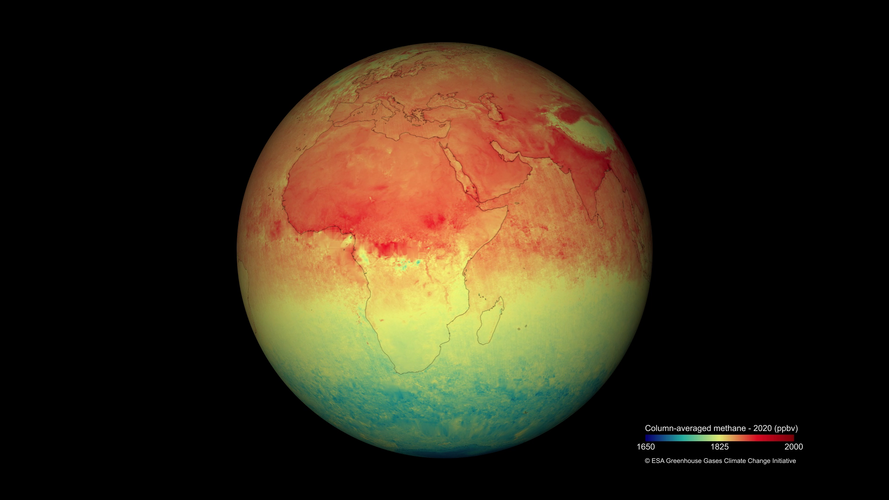
As part of worldwide efforts to slow climate change, the United Nations has revealed a new satellite-based system to detect methane emissions. The Methane Alert and Response System (MARS) initiative, launched at COP27, will scale up global efforts to detect and act on major emissions sources and accelerate the implementation of the Global Methane Pledge.
The Sentinel-5P satellite, the first Copernicus mission dedicated to monitoring our atmosphere, will be crucial in implementing this ambitious initiative.
Pushing the boundaries of space
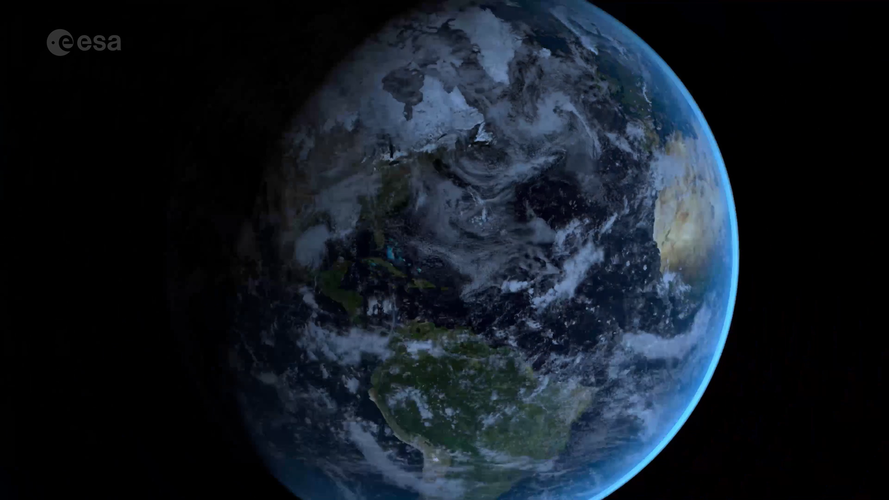 Video:
00:02:02
Video:
00:02:02
Space is delivering more accurate, more precise and more varied data than ever before. State-of-the-art digital technologies, such as Digital Twins of Earth and High Performance Computing, are enabling faster and more complex calculations, allowing us to replicate the Earth system, its climate and life on our planet.
ESA is exploiting digital technologies and artificial intelligence, supporting scientists and industry to respond to global challenges such as the climate crisis and designing innovative solutions for our future.
ESA’s Council at Ministerial level, CM22, taking place next week is a time for critical decisions. Space supports scientists, policymakers
Forward to the Moon: lunar mission Artemis I begins
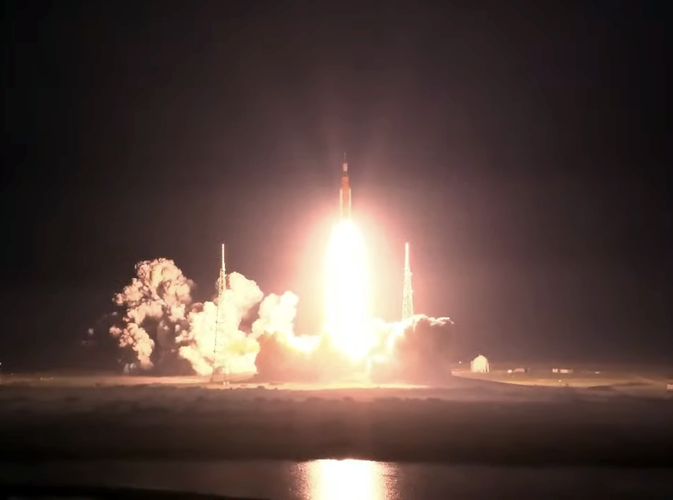
L3Harris infrared weather forecasting technology launches on NOAA satellite
 L3Harris Technologies (NYSE:LHX) reports that its Cross-Track Infrared Sounder (CrIS), designed to enhance severe weather detection capabilities, was successfully launched aboard NOAA's Joint Polar Satellite System-2 weather satellite.
As one of the world's most advanced hyperspectral sounders and a key sensor on the JPSS-2 satellite, the CrIS instrument has over 2,000 infrared channels -
L3Harris Technologies (NYSE:LHX) reports that its Cross-Track Infrared Sounder (CrIS), designed to enhance severe weather detection capabilities, was successfully launched aboard NOAA's Joint Polar Satellite System-2 weather satellite.
As one of the world's most advanced hyperspectral sounders and a key sensor on the JPSS-2 satellite, the CrIS instrument has over 2,000 infrared channels - 












